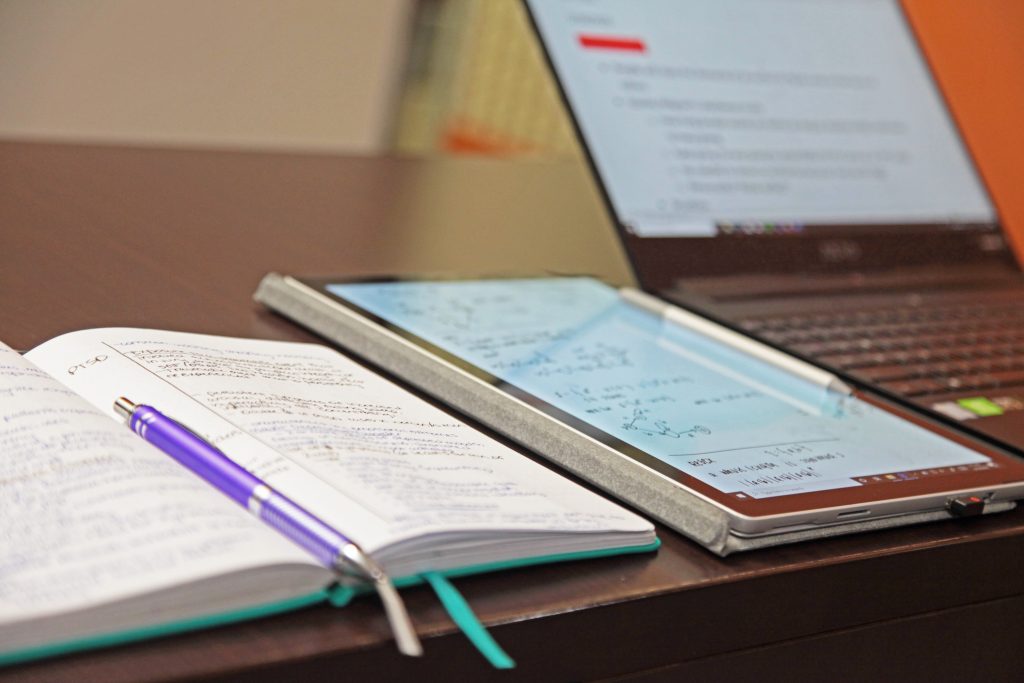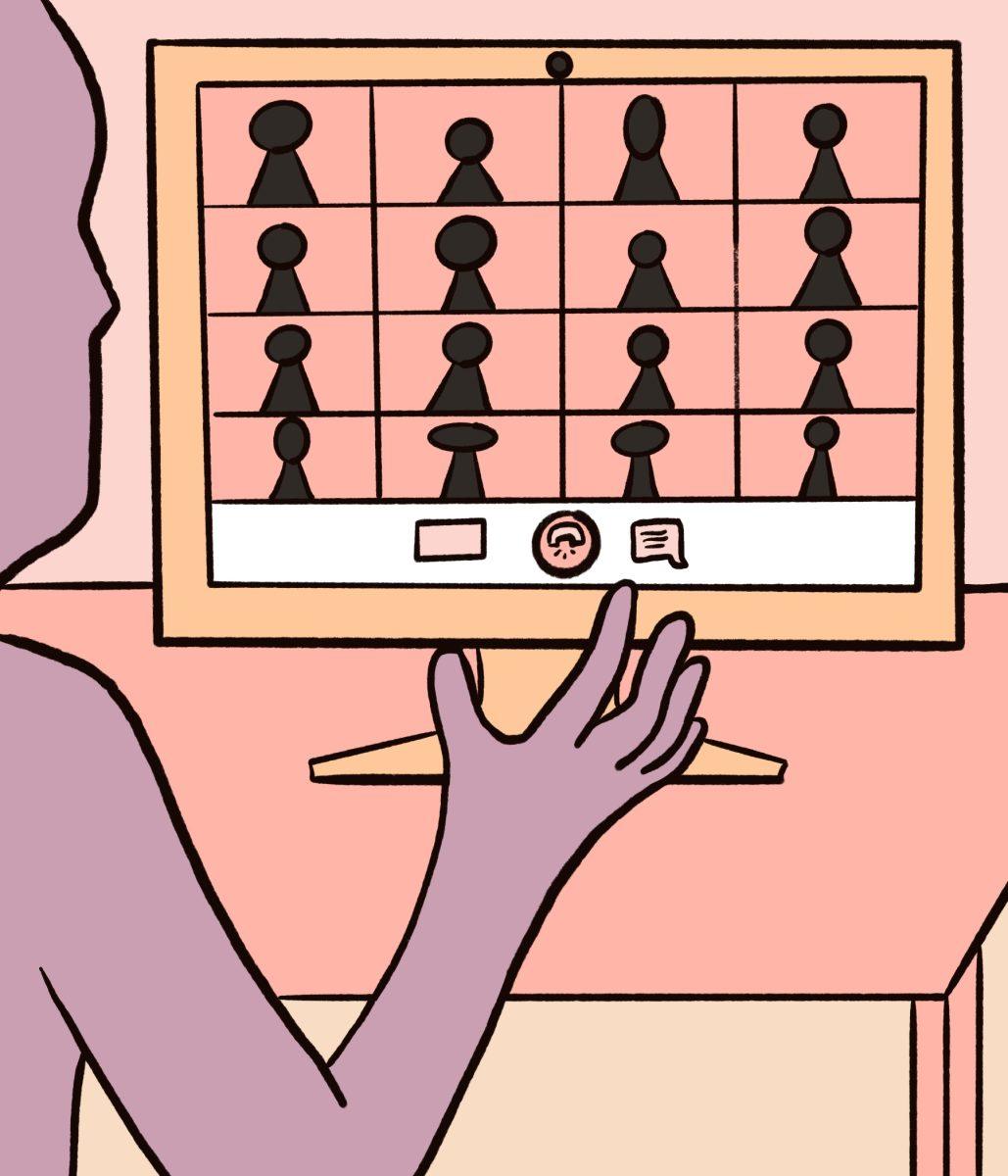As online classes continue into the summer semester, professors are learning to make adjustments to online schooling.
Based on feedback from students and faculty about online classes, associate provost Paul Diehl said issues tended to arise from a lack of accessibility. In addition to already existing accommodations, he said he wants to see the university increase course flexibility for the duration of their online context.
“Not all students have the hardware and the software to easily make the transition. We know a number of students don’t have a computer at home or don’t have full internet access, and so therefore they use their phones,” Diehl said. “When we’re all confined at home, students may be at a home where they have younger siblings who are also taking classes online, or parents who try to work remotely. Some of the rigidity around having classes at a particular time only, or test at a particular time only, needed to be loosened to try and accommodate.”
Despite the inherent challenges in transitioning the university to online classes, Diehl said the university is hoping to optimize its effectiveness in the coming months by ensuring equal access and opportunity to learn remotely.
“As we move forward, we know this summer session is going to be online, and there’s a good chance that some portion, or all, of fall will be online,” Diehl said. “But I think we have a lot more time to prepare and to think about how to do that, and you can actually design whole courses to optimize student learning rather than having to make a two-week kind of quick adjustment.”
The university has continued its use of software such as Blackboard Collaborate and eLearning to present online courses. Besides the integration of Microsoft Teams to promote communication, assistant provost Darren Crone said UTD is not currently introducing any new technologies in the interest of keeping things simple.
“We don’t want everyone having to learn 15 different tools that will do the same thing,” Crone said. “That’s also (a) way that we can keep costs down for students, (because) we don’t have redundant technologies that we’re paying for.”
In addition to adapting themselves to the new online format, UTD faculty have had to make changes to their syllabi to better suit remote learning. To recreate the feeling of an in-person class session, teaching assistant Misty Parker said she encouraged communication amongst students by including group projects and discussion forums.
“We went to cover material during the class session and it’s harder to have those conversations, those side conversations that you might have in a traditional classroom, so I tried to set that up,” Parker said. “That’s a little bit different than what I would have done. As I was designing my syllabus, I really tried to think about that. I wanted the classroom to be dynamic, and I wanted us to be engaged with each other and for there to be like some sort of unity in the classroom.”
In an effort to prevent forms of academic dishonesty now possible through online learning, measures including lockdown browsers and remote proctoring have been in use in many universities. With her class not implementing any kind of new academic dishonesty policing, Parker said she hopes to appeal to her students’ better natures.
“I normally do open-book and open-note tests anyway, and I’ve looked at a lot of data and I feel that open book, open note tests are really the way that I like to go. Anyway, I don’t really care that much about memorization. I care a lot more about application of information,” Parker said. “You know, it’s tricky, because even if you did something like a lockdown browser, it doesn’t keep you from accessing your phone or anything and it’s just something that we can’t monitor. So, you just kind of appeal to people’s better natures. This is what’s fair, this is what’s right and this is what you should do, and then you expect the best.”
During prior semesters, Parker said she’d had little patience with students in terms of late assignments and missing class. However, having worked with students to get through the challenges of online classes, she said she plans to become more understanding towards students.
“With the virus and its various roadblocks it has thrown up in a lot of people’s lives, it definitely caused me to reflect upon that and be a little bit more empathetic to the various circumstances that people are going through,” Parker said.






